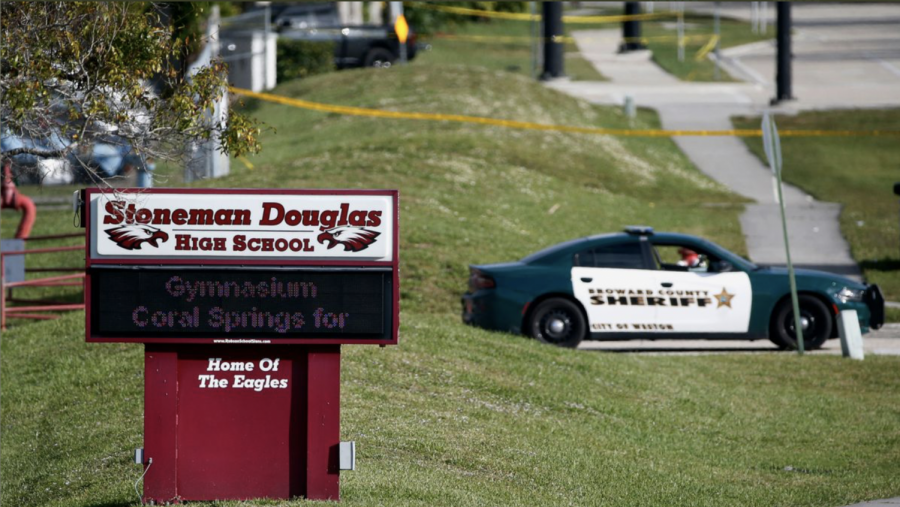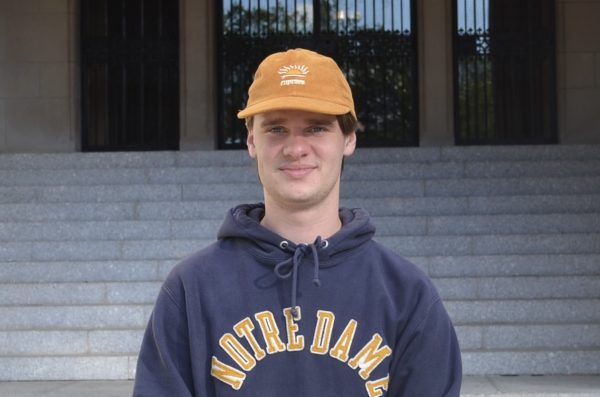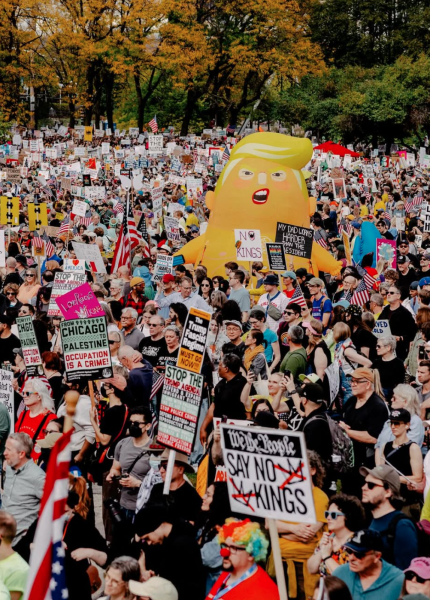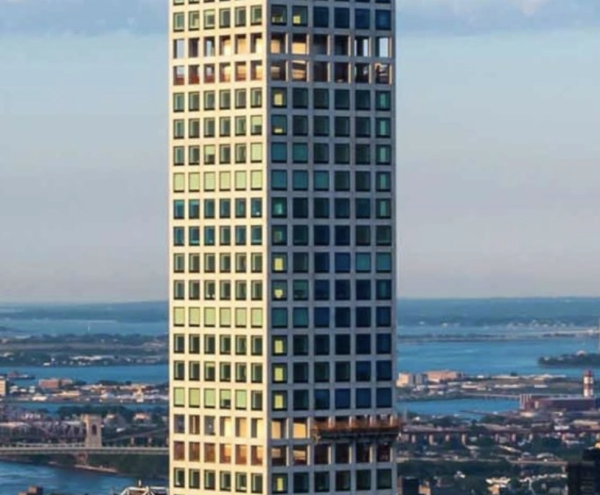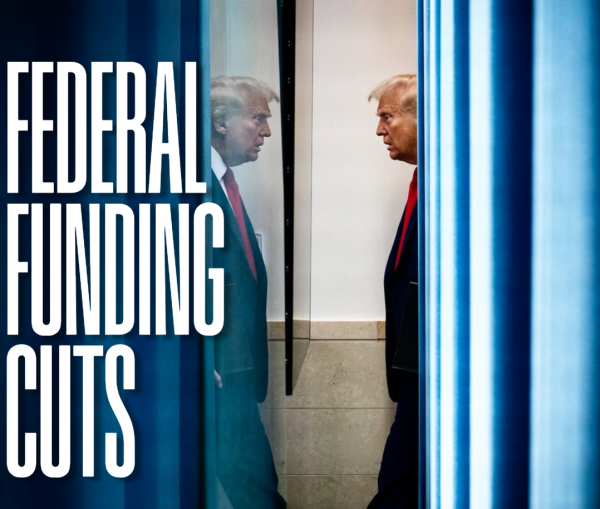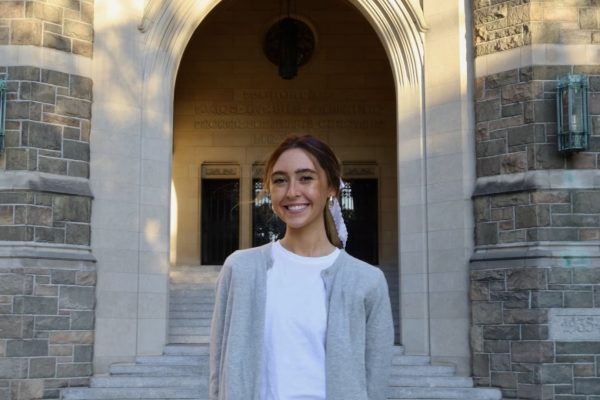Devastation of Parkland Shooting Leads to Increased Activism
In the time since the tragic shooting at Marjory Stoneman Douglas High School in Parkland, Florida on Feb. 14, 2018, gun regulation awareness has increased, and a significant amount of legal action has been taken in certain states. Awareness is commonly raised through social media and word of mouth, and as students have become more educated, they’ve seen a need to take a stand against the detriments of gun violence.
As a result of the Parkland school shooting, American youth have become more courageous when taking a stand for platforms they are passionate about, and they have done so elegantly.
Immediately following the events at Parkland, some states took action and began to increase restrictions on gun purchase and ownership. Florida passed the Marjory Stoneman Douglas High School Public Safety Act, which raised the legal age required to purchase a gun from 18 to 21. The state also set up a system permitting law enforcement officers to take guns away from people deemed a threat to themselves or others. The federal government later banned bump stocks nationwide; Americans that were already in possession of these stocks were forced to turn them in by March 26, over a month after the shooting.
By the end of 2018, 11 states had passed laws restricting gun access to individuals linked to acts of domestic violence.
These measures are a step in the right direction, but there remains much to be done to decrease the level of gun violence in the United States. In the year following the Parkland shooting, there were school shootings every 12 days on average. This number is far too high, and proves that there is considerable progress needed to be made on a federal level to further restrict gun access to the wrong people.
However, the government can not regulate the negative emotional effects on students just as easily. The detrimental effects on the Parkland students’ mental health are undeniable. Aria Siccone, who was 14 years old at the time of the shooting, explained the impact on her daily life. Three years later, she still feels unsafe going to public places such as malls and movie theaters. She is one of many students traumatized by the horrific experience of living through a school shooting.
Despite these setbacks, millions of students across the country have found the courage to advocate for gun control. Some of the most influential students supporting the cause have been survivors of the Parkland shooting themselves. Senior Ryan Servaites is one of the many survivors who joined the March For Our Lives rally in March of 2018. Additionally, he assists in registering first-time voters in a number of states, and actively works for gun control policy.
Students across the country have done a remarkable job educating others about injustices occurring on campus and in their communities at home. It hasn’t always been this common for students to speak out on the issue. The month after the shooting, over 2,500 schools nationwide participated in student-led walkouts during school hours. Many were approved by school administrators, but many were not. Regardless, students had the bravery to protest peacefully for a worthy cause.
It is crucial to see this sort of youth representation in politics, as we are the future of the nation. Watching young figureheads such as David Hogg, another Parkland survivor, advocate for gun control in a time of unprecedented political turmoil is inspiring. Hogg was one of the survivors selected to speak to politicians on a live broadcast, questioning them about their plans for gun safety and control in the United States.
We see this type of activism on social media, as well — millions of adolescents utilize Instagram, Twitter and other platforms to spread awareness about social issues facing us today. This way, there is undoubtedly less concern for repercussions from school administrators, regardless of the topic. Though it stemmed from a horrible tragedy, students have developed a pivotal voice for advocacy they had seldom shown before.
Mia Pollack, FCRH ’23, is a psychology and journalism major from Fairfield, Conn.



































































































































































































